Community support for wildlife conservation is central to its success. Negative perceptions of wildlife and conservation, increasing incidences of human-wildlife conflict, and lack of livelihood options for people living around wildlife and nature are among the barriers to community engagement that Global Wildlife Program (GWP) projects are addressing.
In Asia, GWP projects are engaging communities in income-generating livelihoods across sectors that support conservation and promote wildlife-based economies, with special attention to women, youth, and socially marginalized groups. By taking gender-responsive actions to achieve meaningful participation of women in project activities and to elevate them to decision-making positions within their communities, GWP projects work to close the gender gap in conservation and natural resource management. Yet, many challenges exist in sustainable livelihood design and implementation as well as integrating gender.
The GWP, funded by the Global Environment Facility and led by the World Bank, co-hosted a regional workshop with the Ministry of Environment of Cambodia, executing agency of the GWP Cambodia project, on inclusive community livelihoods and gender mainstreaming from October 7-10, 2024 in Siem Reap, Cambodia.
- OVERVIEW
- AGENDA
- RELATED
The regional technical workshop brought together 41 participants from nine countries in Asia. This included government and project representatives from Bhutan, Cambodia, India, Indonesia, Malaysia, Nepal, Philippines, Thailand, and Vietnam.
The objectives of the workshop were to share and learn approaches for gender-inclusive livelihood development; identify replicable lessons and solutions; facilitate knowledge exchange, especially with GEF-8 projects; and provide networking opportunities across the GWP’s Asia network.
Summary
Wendy Li, wildlife-based economies lead and gender focal point for the GWP, opened the workshop and introduced Dr. Sunleang Srey, Director General of the General Directorate of Natural Protected Areas and the project director of the GWP Cambodia project. Dr. Srey’s welcome remarks highlighted Cambodia’s commitment to realizing its environmental strategy, including through investments in nature-based tourism.
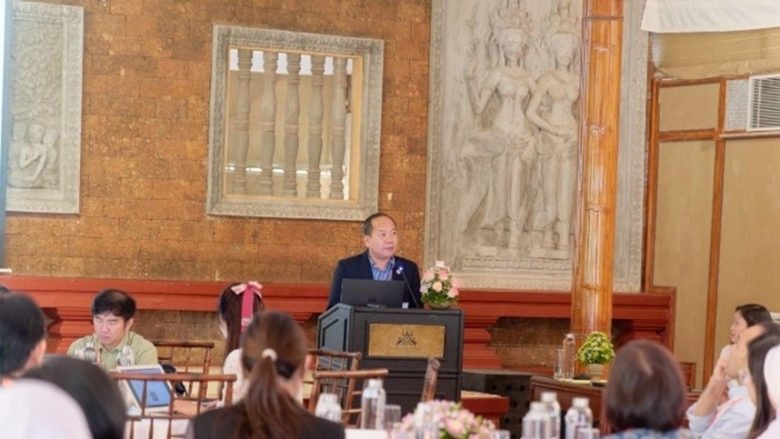
Raoul Cola, livelihoods expert, and Joni Seager, GWP gender advisor, co-facilitated the workshop. The workshop’s first day explored the challenges facing projects working on livelihoods development, such as balancing conservation and economic objectives, stakeholder engagement, capacity building and training, and ensuring the sustainability of activities after the project ends.
When it comes to enhancing women’s economic opportunities, common barriers faced by projects include the need to change existing gender roles and norms, constraints on women’s mobility, and women’s greater share of household work which limits their ability to take on income-generating activities.
Joni Seager noted that while it can be harder to transform gender roles, projects can take immediate steps to change the roles of women in their communities. For example, a project can work to enable women to own fishing boats, even if they are not allowed to go fishing themselves.

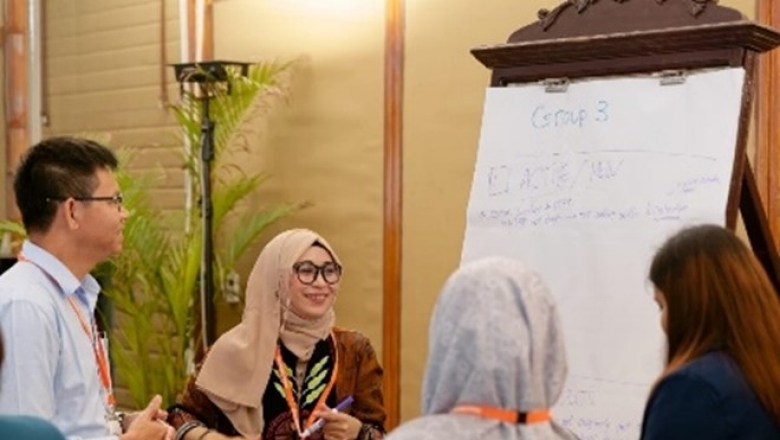
Raoul Cola facilitated a session on conducting comprehensive baseline analyses prior to starting work on livelihoods. Projects face challenges around having the right resources and expertise to assess community needs, prepare feasibility and business plans, and design benefit sharing arrangements. Gender-disaggregated baseline data can help teams to develop better livelihood activities that reflect beneficiaries’ needs, capacities, and constraints, and are attuned to local physical and market conditions.
Following this session, Seager and Smriti Dahal from WWF shared tips on “gender ecosystem mapping” to understand how men and women use land and natural resources differently. For instance, men and women may have unequal control over land, crops, or livestock, which affect livelihood opportunities.
On the second day, participants visited Kulen National Park, which is supported by the World Bank and the GEF through the Cambodia Sustainable Landscape and Ecotourism Project. Participants saw first-hand how those living in community protected areas are developing ecotourism as a livelihood source, while reducing negative activities such as slash-and-burn agriculture. Kulen also has strong potential for heritage tourism which the project is supporting through infrastructure investments.
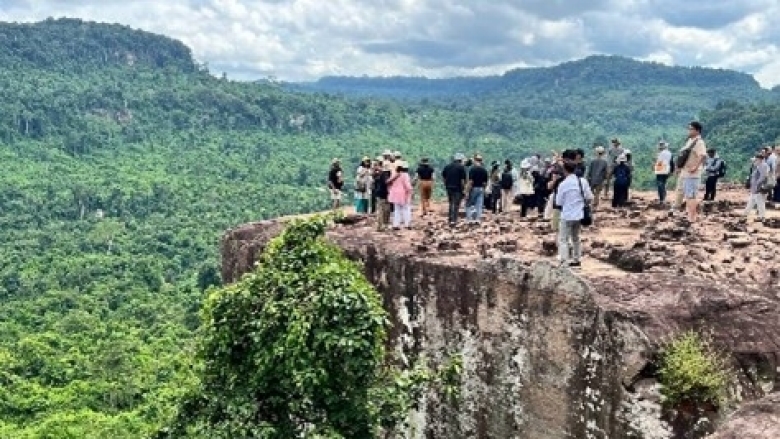
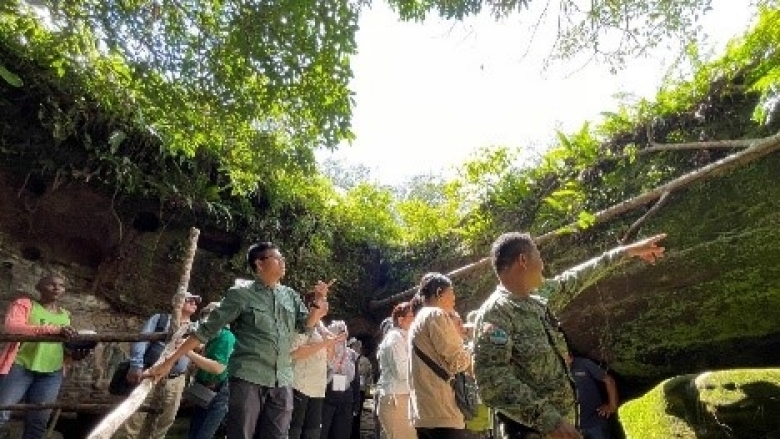
Discussion of ecotourism in Asia continued on the third day with experiences from Bhutan on building women’s confidence and capacity to run ecolodges and homestays. Unemployed youth are trained to run roadside amenities, and both men and women are trained to produce tea, bamboo handicrafts, incense, and more.
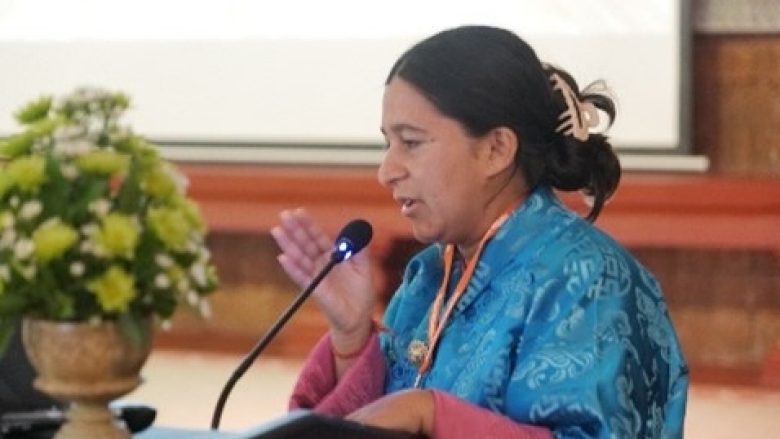
The third day focused on how projects can achieve stakeholder support for community livelihoods. Participants shared strategies, including how they enhance women’s participation in meetings by reserving part of the agenda, time, enabling discussions on relevant topics, working with women leaders and groups, engaging religious leaders as gender champions, and upskilling women.
Participants from Indonesia, India, and Malaysia discussed how projects can move beyond designing stereotypical livelihoods for women, such as handicrafts, since there have been positive examples of women taking on roles as forest rangers, mountaineering tourist guides, and other conservation jobs based on physical capabilities instead of gender.
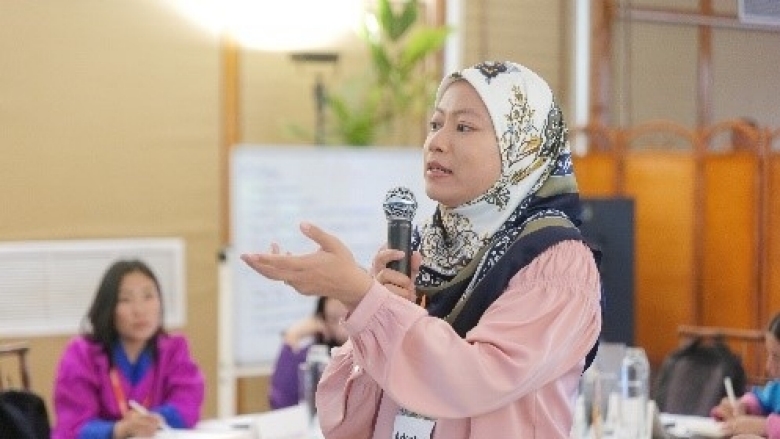
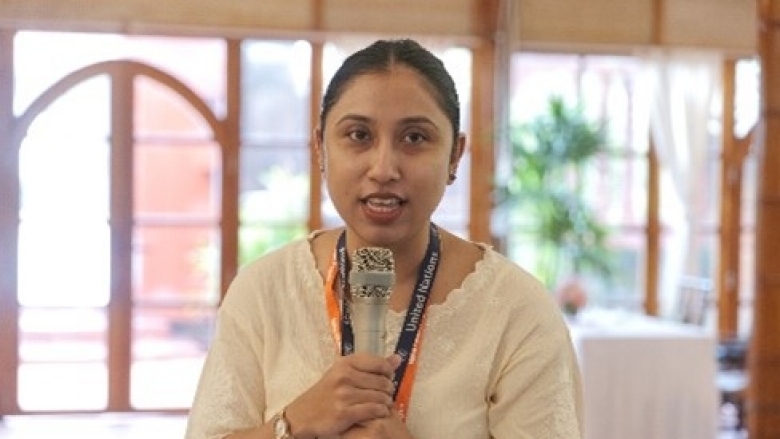
While developing community livelihood activities, exit strategies must be designed from the beginning to ensure that there are resources available for sustainability. Strategies include identifying activities and assets that require external support after the project ends, aligning those activities with existing institutions and plans, building the capacity of local groups to carry on these activities, setting up community development funds, finding private corporate responsibility partners, and more. GEF-8 project representatives agreed this was a key lesson from the workshop.
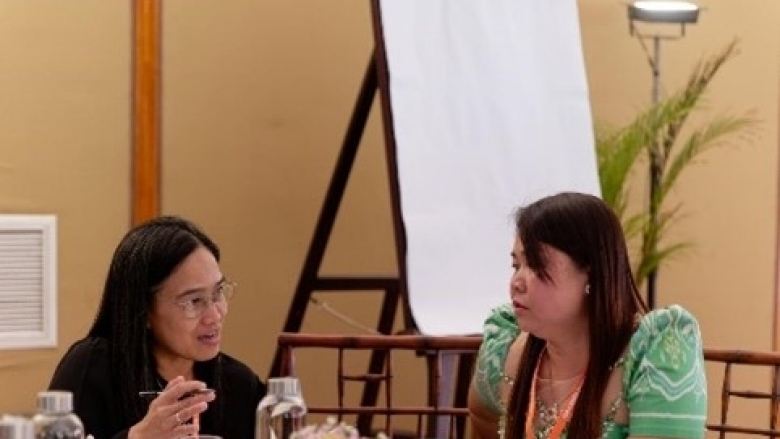
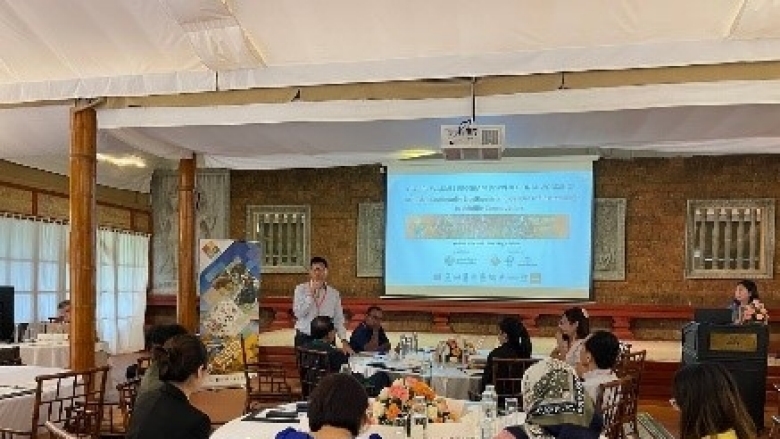
The day closed with a discussion on community livelihoods as a response to human-wildlife conflict, an increasingly big issue for projects in the GWP. Participants from India, Nepal, and Thailand shared their experiences generating income for communities through ecotourism.
On the last day, participants reflected on key takeaways they can implement in their projects, like integrating gender inclusion into community livelihoods and the importance of benefit sharing, private sector partnerships, rigorous baselining, and considerations for sustainable protected area tourism development. Mr. Pak Sokharavuth, Under Secretary of State of the Ministry of Environment, delivered closing remarks on the government of Cambodia’s commitment to green and sustainable development.
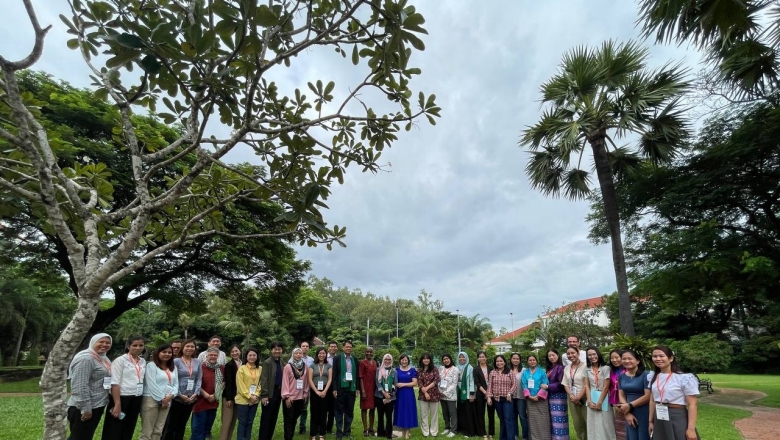
The workshop shed light on the specific needs of GWP countries around economic livelihoods and gender. The GWP coordination team will look to integrate these into the GWP knowledge platform.
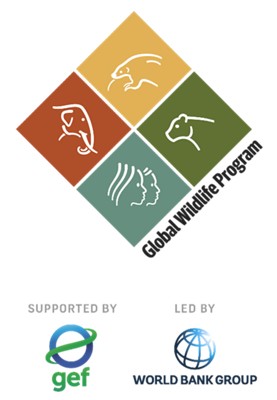
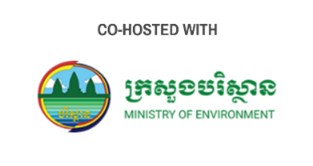
Website: Global Wildlife Program
Knowledge Exchange: The Win-Win of Gender Integration
Knowledge Exchange: Women as Catalysts for Change in Conservation
Knowledge Exchange: Community Conservation Groups
Workshop: Gender Training Workshop for Latin America
Blogs:
Date: October 07 - 10, 2024 ET
Location: Siem Reap, Cambodia
